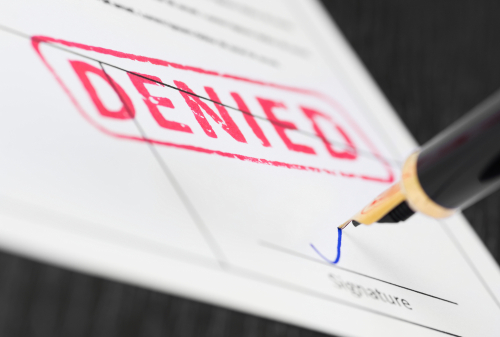Bar admission denied for applicant who rose to law firm partnership without law license

Image from Shutterstock.
A New York appeals court has denied bar admission to a 2000 law graduate who practiced law for nearly 10 years without a license, rising to law firm partnership.
The Appellate Division’s Third Judicial Department of the New York State Supreme Court said the bar applicant had “failed to proffer sufficient evidence of rehabilitation” that would warrant his conditional admission to the bar.
The 47-year-old bar applicant and resident of New York was not identified in the June 1 opinion, In Re Anonymous. He passed the bar exam in 2018.
The Legal Profession Blog spotted the opinion and published highlights.
The law grad began practicing law in 2001. He worked at two different firms, rising to partnership at one of them. Neither firm is identified in the opinion.
One of the firms learned that the law grad was unlicensed after he misrepresented the status of a pending matter and was asked to resign. The appeals court also said the law grad had fabricated a court order to deceive his employer and client about the status of a pending matter, but it was not disclosed on his bar application.
The firm’s discoveries led to the law grad’s indictment on charges that included grand larceny in the second degree, practicing or appearing as an attorney without being admitted to practice, and offering a false instrument for filing in the second degree. The grand larceny charge was based on being paid an attorney’s salary—despite being unlicensed.
The law grad pleaded guilty to grand larceny in the second degree and was sentenced to five years of probation.
The appeals court said it was troubled by the law grad’s lack of candor. He disclosed on the application his work for the second firm but not the first. He acknowledged his earlier practice at the first firm during his questioning at the hearing.
The appeals court said the bar applicant’s conduct was attributable, at least in part, to depression and alcohol abuse. Yet he has not obtained mental health or substance abuse treatment since his illegal practice of law.
Also troubling the appeals court was the applicant’s bio page for his current employer. It represented that he was employed as “senior counsel,” which suggests that the applicant “still does not appreciate the gravity of misrepresenting his attorney licensure status.”



